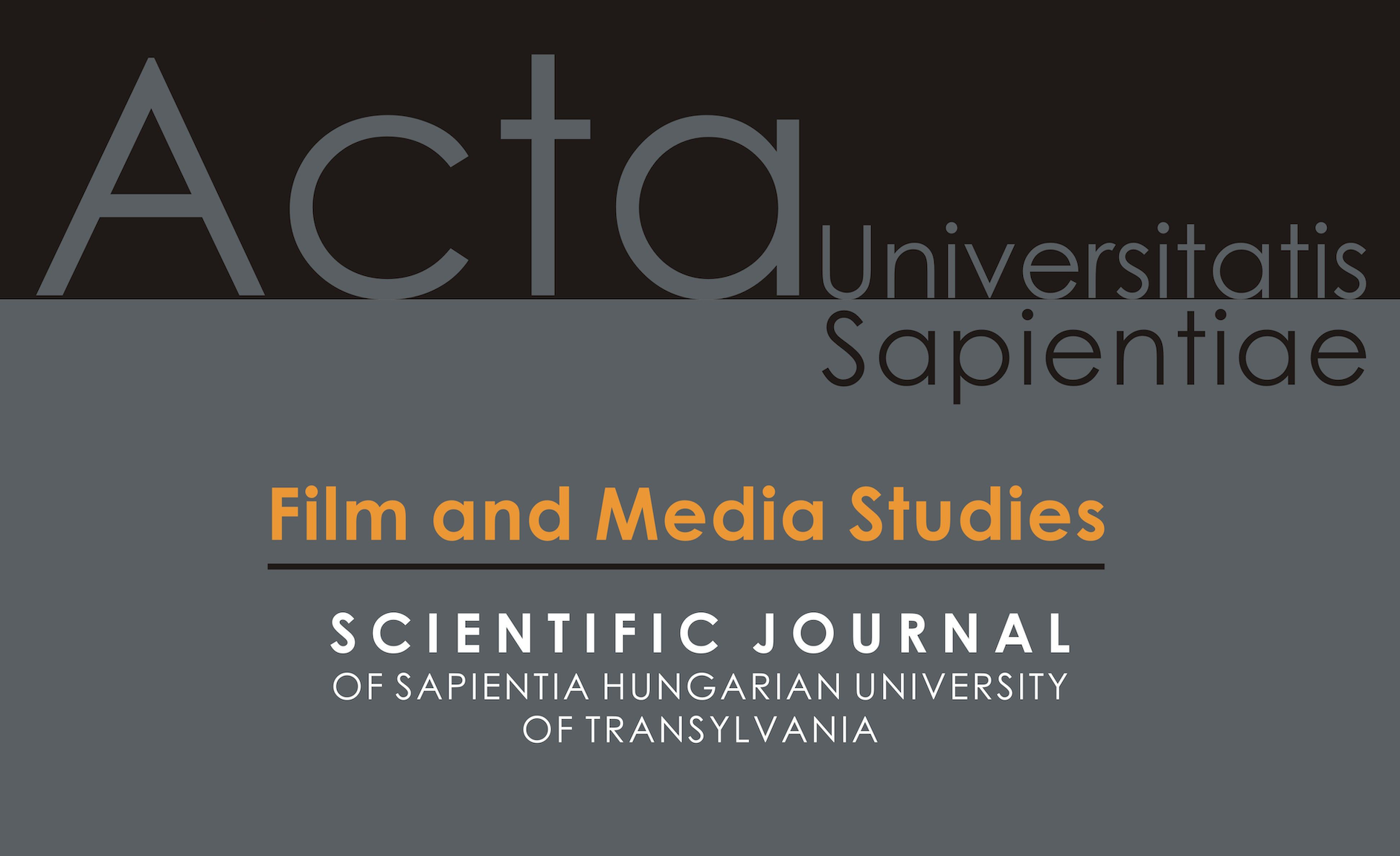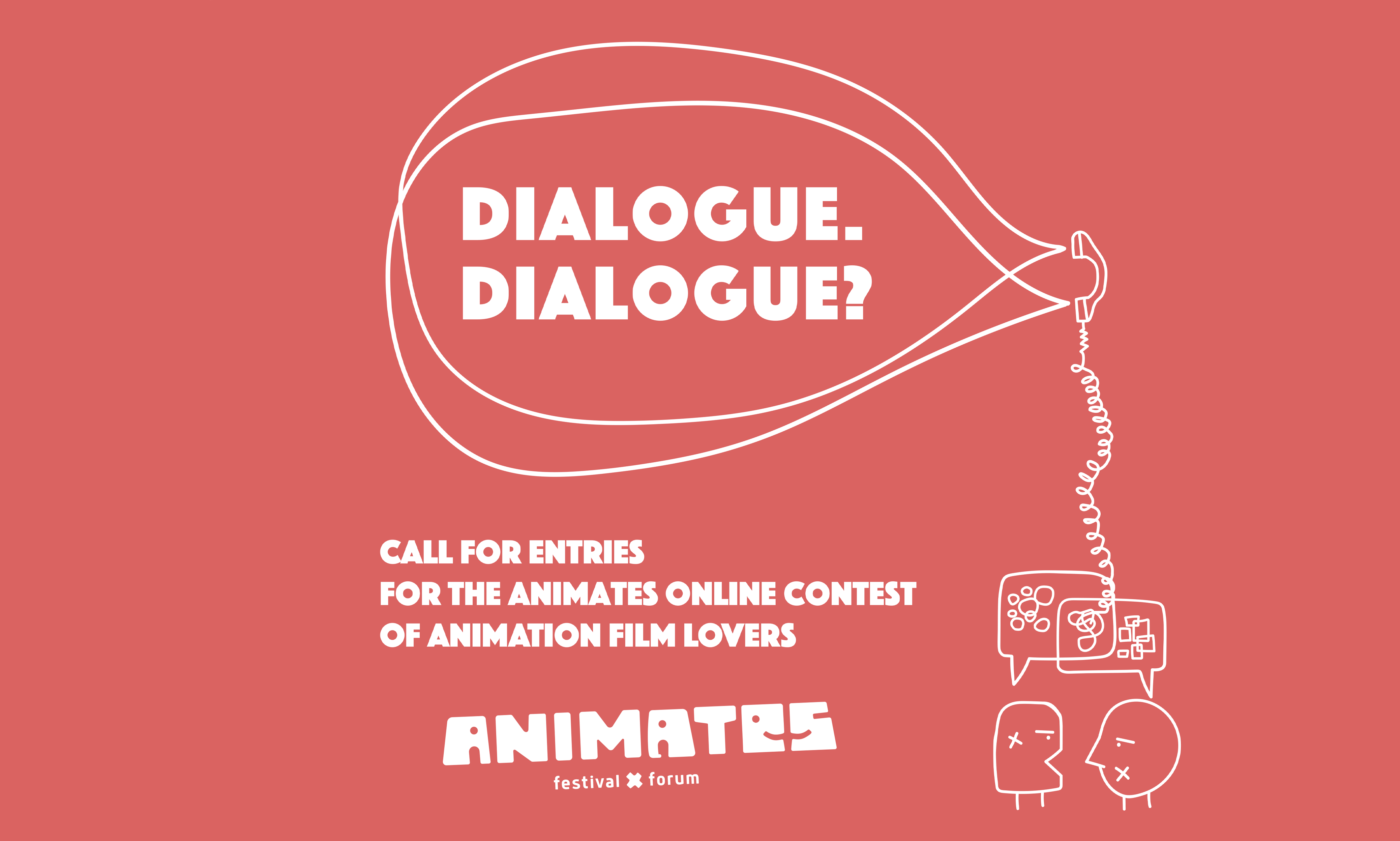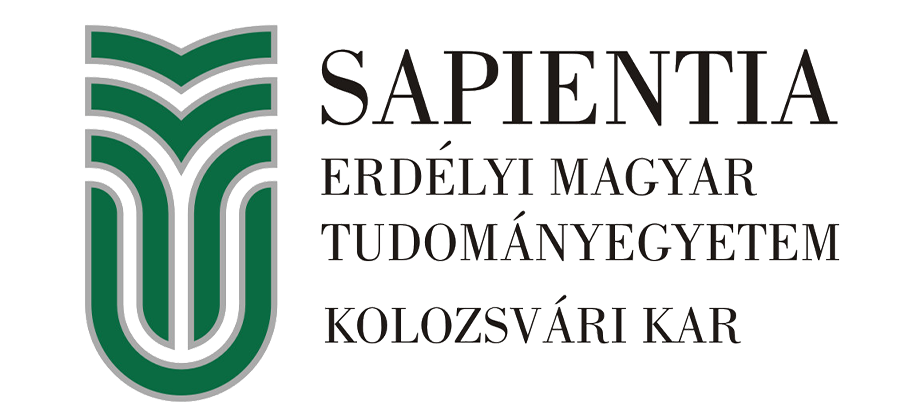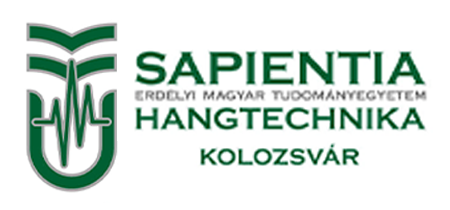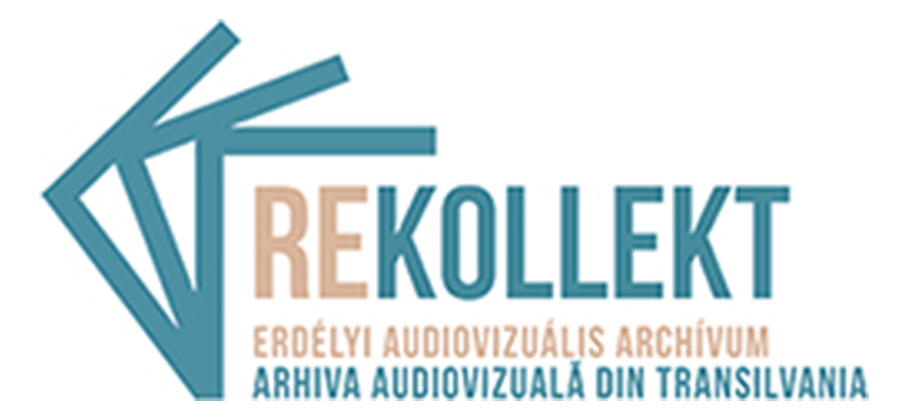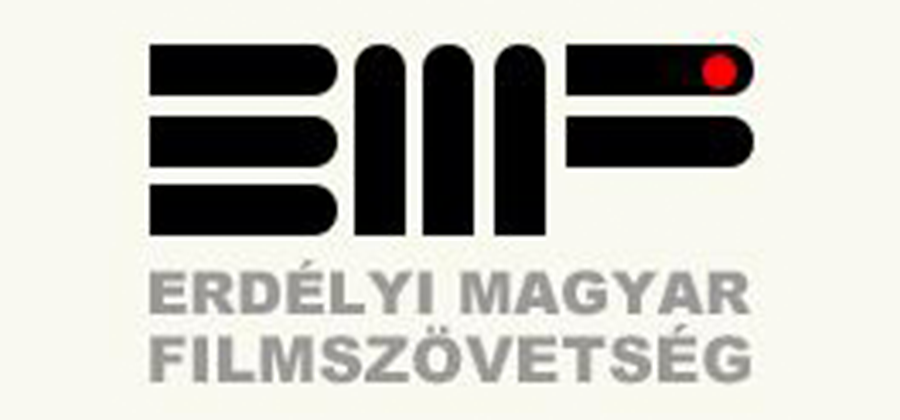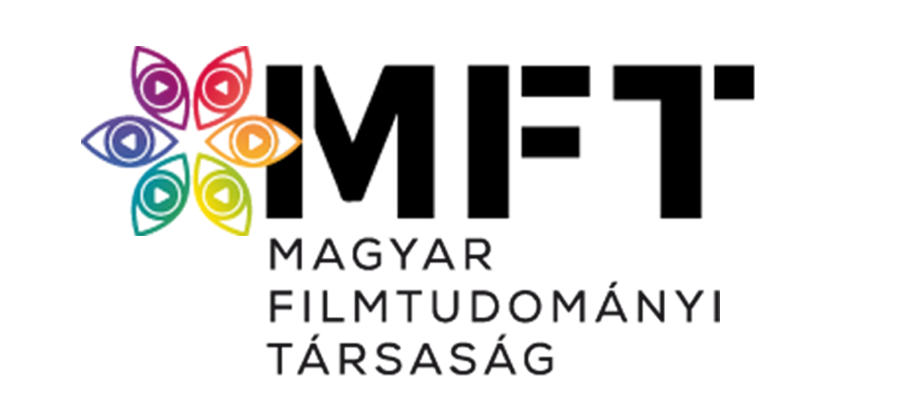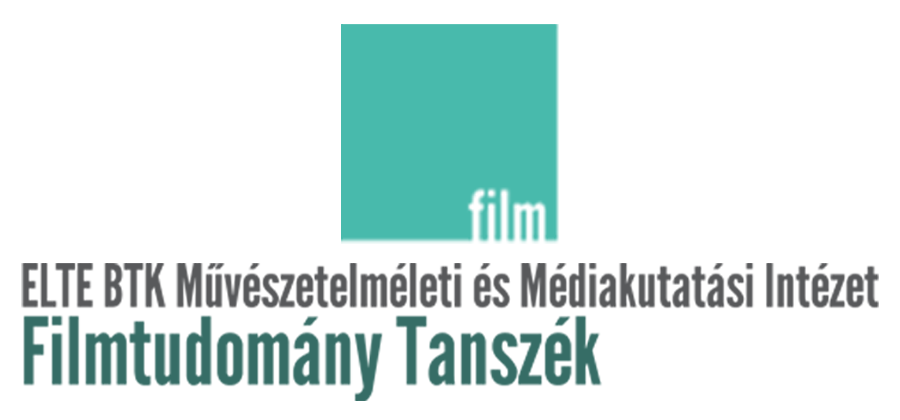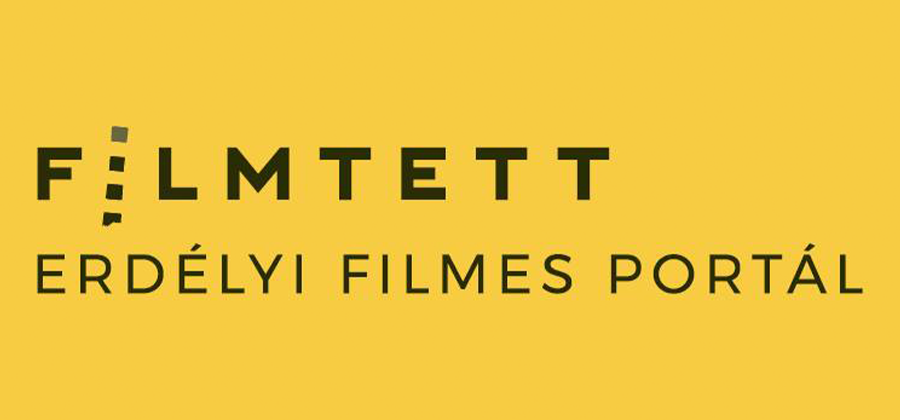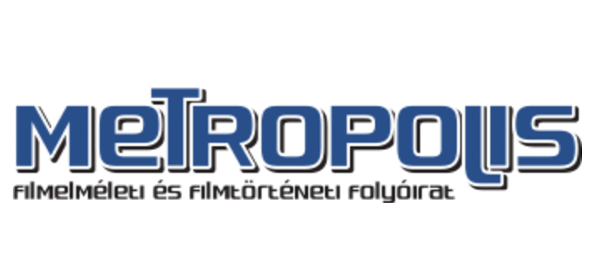| Research / Conferences / | previous | next |
XII. International Film and Media Studies Conference in Transylvania
ABSTRACTS
CONFERENCE PROGRAMME
Keynote Speakers:
- Professor YVONNE SPIELMANN from the University of the West of Scotland, Chair in New Media, who will speak about "New Waves in Contemporary Media Cultures."
- DORU POP (BabeÅ-Bolyai University, Cluj-Napoca): "The Grammar of the New Romanian Cinema."
Call for Papers
In 2009 we celebrate 50 years since the beginning of the French New Wave, a cinematic phenomenon that became the origin of several greatly influential tendencies in film that introduced new perspectives in the filmic representation of reality and became exemplary through the daring and playful experimentations with the language of film. The year 1959 meant the premiere or the production period of such films as Jean-Luc Godard's Breathless, François Truffaut's Four Hundred Blows, Hiroshima mon amour by Alain Resnais, Robert Bresson's Pickpocket and Claude Chabrol's The Cousins. The example of the rebellious new generation protesting against "le cinÃĐma de papa" established a new concept in the cultural history of cinema to be used ever since: anywhere and anytime, when a new generation affirms itself with a similar outstanding success and introduces a new aesthetics, we are speaking about newer and newer "new waves."
At the same time, it is also 20 years since the 1989 Eastern European political events shook the world of communism, and as a consequence a new film-making generation emerged who had an attitude just as critical vis-Ã -vis "le cinÃĐma de papa" of the communist era, as did their French predecessors. The young filmmakers of the French New Wave asserted themselves with a particular self-confidence, relying on an unprecedented symbiosis with film criticism and film theory. The post-1989, young Eastern European filmmakers were not helped by a similar and stable background in film criticism, and in many cases we could witness bitter generational debates between them and older generation of filmmakers. Therefore, it seems even more appropriate to evaluate these films from critical and theoretical vantage points at this time.
Finally, in the last decades, we have seen the constant appearance of filmmakers with fresh perspectives, who seem capable of repeatedly redrawing the existing map of world cinema.
In our conference we wish to explore the conceptual field of the new wave(s) and propose to re-examine the French New Wave in order to discover what proves to be worthy of re-evaluation, what features and films have remained touchstones over the decades. We ask the question: is it justified to widen the concept to cover phenomena of contemporary Eastern European and âWorld Cinema'? We also encourage participants to investigate what they consider new and defining tendencies in today's cinema, in contemporary experiments with film language.
We invite participants to address the following issues:
- The reinterpretation or re-evaluation of the more or lesser known works of the French New Wave, from the historical perspective of the five decades that passed since, and by way of employing new theoretical approaches.
- Questions of âreality' and âfiction', the combination of elements of cinÃĐma vÃĐritÃĐ and intellectual abstraction appearing in the aesthetics of French New Wave, and their legacy taken over by newer films. (This can be considered a continuation of our previous, 2008 conference topic.)
- The analysis of the influence of French New Wave films on different national films, on the (independent) American cinema or on popular culture (e.g. Hal Hartley, Quentin Tarantino).
- Parallel phenomena between developments in post-1989, post-communist Eastern European cinema, and the New Wave. Highlighted topic: "new waves" in contemporary Hungarian and Romanian cinema.
- "New waves," generational stylistic phenomena in the context of "World Cinema" that may be compared to the French New Wave. (For example the authors of the new American generation of filmmakers grouped in different formations, who often reference and revere French New Wave filmmakers, like the so-called American new moralists: Todd Solondz, Neil La Bute, or the representatives of the so-called "post-pop" cinema, who sometimes collaborate in a manner reminiscent of the New Wave: Richard Linklater, Wes Anderson, Paul Thomas Anderson, Todd Haynes, etc.) Compared to the analysis of individual works we favour those presentations that examine the oeuvre/several films of an author or the works of several filmmakers in order to describe a particular tendency that can be considered a "new wave."
We address this call for papers not only to university scholars, researchers but also to students of PhD programs, or even to M.A/undergraduate university students who wish to engage in a debate on the given topic.
The conference proposes to facilitate academic communication between existing centres of research specializing in film and media studies within different universities, and at the same time, it encourages students on different academic levels to be initiated into scientific research.
The time for presentations is limited to 20 minutes, followed by a 10 minute debate.
The best papers written based on the conference presentations will be published in English in a special edition of our department's international scientific journal (Acta Universitatis Sapientiae. Film & Media Studies)
The official language of the conference: English and Hungarian (with papers presented in parallel sections).
Conference fee (which includes participation, conference buffet and banquet): 100 EUR, special fee for university and PhD-students: 50 EUR. The fee is to be paid on the occasion of conference registration.
Registration deadline extended: July the 30th 2009.
We will notify you about the acceptance of your proposals by the 5th of August, 2009.
The deadline for the papers submitted for publication is the 15th of December, 2009.
Registration: please complete this registration form and send it as an attachment to the following address: 2009.new.waves@gmail.com
Recommended possibilities of accommodation:
To help you make your own booking, here is a list of hotels and hostels located in the vicinity of the conference venue, at a maximum distance of 15 minutes' walk. You can make your reservation either by phone or via e-mail (usually the hotel/hostel staff speaks English). Please note that the Conference itself makes no bookings. However, if all your attempts to reserve a room prove unsuccessful, do contact the organizing committee.
Fullton Hotel ***
www.fullton.ro/
Tel./fax: +40 264 597 898; tel.: +40 264 597 766
e-mail: office@fullton.ro
Melody Hotel ***
www.allseasons.ro/
Tel.: +40 268 510 800; +40 730 031 415
City Plaza Hotel ****
www.cityhotels.ro/
Tel.: +40 264 450 101; fax: +40 264 450 152
e-mail: contact@cityhotels.ro
Hotel Seven ***
www.hotel7even.ro/
Tel.: +40 264 439 924; fax: +40 364 566 933
e-mail: office@hotelseven.ro
Heltai VendÃĐghÃĄz (hostel / bread and breakfast)
www.heltai.blsh.ro/
Tel./fax: +40 264 590 096
e-mail: heltai_gaspar@yahoo.com
Retro Youth Hostel
www.retro.ro
Tel.: +40 264 450 452; mobile: +40 755 114 989
e-mail: retro@retro.ro
Transylvania Hostel
http://www.transylvaniahostel.ro
Tel.: +40 264 443 266; mobile: +40 745 033456
e-mail: office@transylvaniahostel.com
Conference accommodation support:
(There is a 10% discount to conference delegates booking accommodation independently through this program. The Conference Support program is free of any charges.)
www.hotelscombined.com/Conference_Support
Travel information
Bus: www.autogari.ro/
Train: www.mersultrenurilorcfr.ro/
Cluj Napoca Airport: www.airportcluj.ro/
Low-cost flights to Cluj: http://book.wizzair.com/
Clickable, searchable map of Cluj: www.cluj4all.com/navigator
If you arrive by train or by bus, you can conveniently reach your accomodation or the conference venue using public means of transportation or taxi. If you arrive at the Cluj Napoca Airport (located at an 8 km distance from the city), there will be a conference staff in the arrival area to assist you and to take you to the center by car. In order to arrange this for you, please send us via e-mail your travelling data: the exact time of arrival, the name of the airline and the number of your flight.




